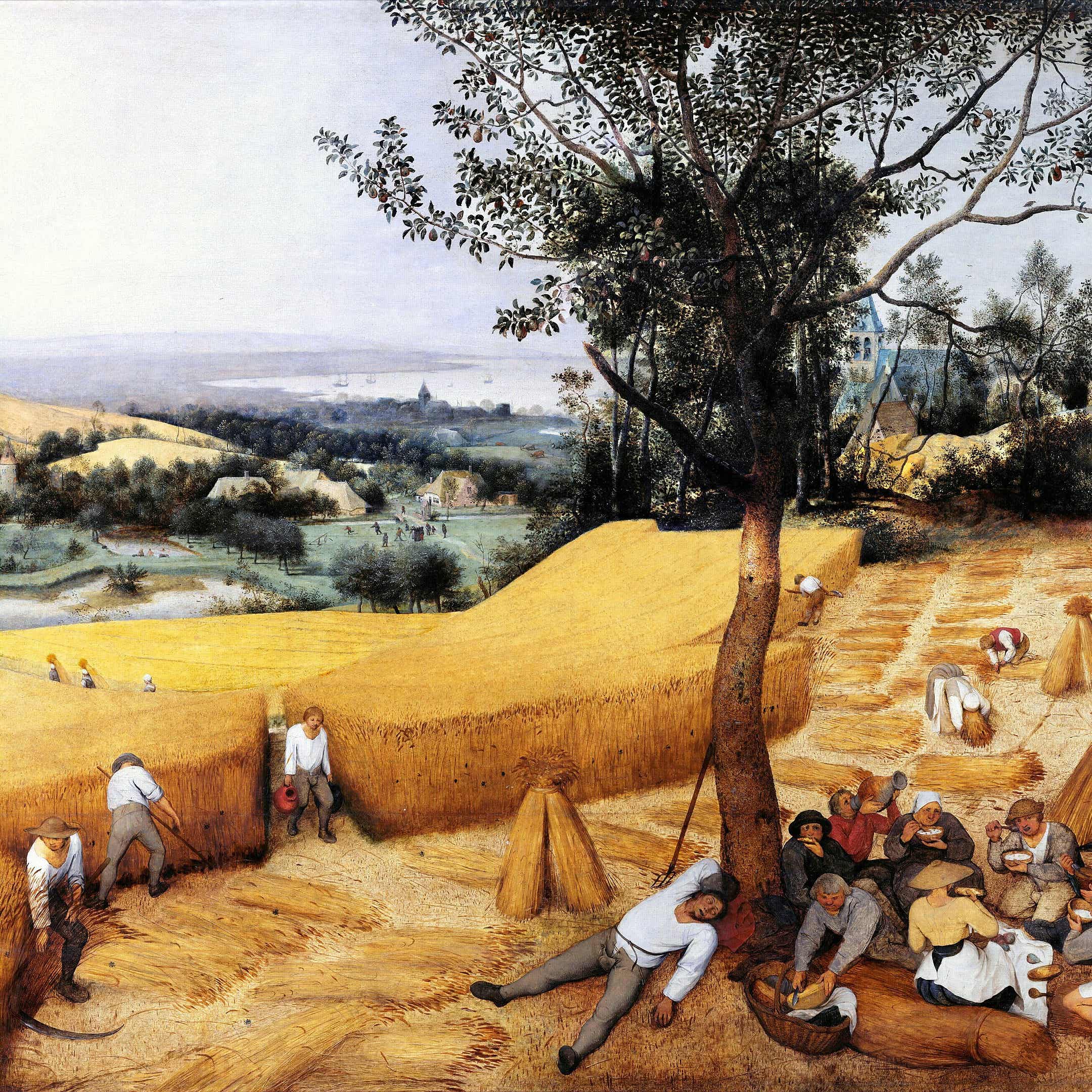The Myth of the Machine
Description
Welcome to the Convivial Society, a newsletter about technology and culture. I tend to think of my writing as way of clarify my thinking, or, alternatively, of thinking out loud. Often I’m just asking myself, What is going on? That’s the case in this post. There was a techno-cultural pattern I wanted to capture in what follows, but I’m not sure that I’ve done it well enough. So, I’ll submit this for your consideration and critique. You can tell me, if you’re so inclined, whether there’s at least the grain of something helpful here or not. Also, you’ll note that my voice suggests a lingering cold that’s done a bit of a number on me over the past few days, but I hope this is offset by the fact that I’ve finally upgraded my mic and, hopefully, improved the sound quality. Cheers!
If asked to define modernity or give its distinctive characteristics, what comes to mind? Maybe the first thing that comes to mind is that such a task is a fool’s errand, and you wouldn’t be wrong. There’s a mountain of books addressing the question, What is or was modernity? And another not insignificant hill of books arguing that, actually, there is or was no such thing, or at least not in the way it has been traditionally understood.
Acknowledging as much, perhaps we’d still offer some suggestions. Maybe we’d mention a set of institutions or practices such as representative government or democratic liberalism, scientific inquiry or the authority of reason, the modern university or the free press. Perhaps a set of values comes to mind: individualism, free speech, rule of law, or religious freedom. Or perhaps some more abstract principles, such as instrumental rationality or belief in progress and the superiority of the present over the past. And surely some reference to secularization, markets, and technology would also be made, not to mention colonization and economic exploitation.
I won’t attempt to adjudicate those claims or rank them. Also, you’ll have to forgive me if I failed to include you preferred account of modernity; they are many. But I will venture my own tentative and partial theory of the case with a view to possibly illuminating elements of the present state affairs. I’ve been particularly struck of late by the degree to which what I’ll call the myth of the machine became an essential element of the modern or, maybe better, the late modern world. Two clarifications before we proceed. First, I was initially calling this the “myth of neutrality” because I was trying to get at the importance of something like neutral or disinterested or value-free automaticity in various cultural settings. I wasn’t quite happy with neutrality as a way of capturing this pattern, though, and I’ve settled on the myth of the machine because it captures what may be the underlying template that manifests differently across various social spheres. And part of my argument will be that this template takes the automatic, ostensibly value-free operation of a machine as its model. Second, I use the term myth not to suggest something false or duplicitous, but rather to get at the normative and generative power of this template across the social order. That said, let’s move on, starting with some examples of how I see this myth manifesting itself.
Objectivity, Impartiality, Neutrality
The myth of the machine underlies a set of three related and interlocking presumptions which characterized modernity: objectivity, impartiality, and neutrality. More specifically, the presumptions that we could have objectively secured knowledge, impartial political and legal institutions, and technologies that were essentially neutral tools but which were ordinarily beneficent. The last of these appears to stand somewhat apart from the first two in that it refers to material culture rather than to what might be taken as more abstract intellectual or moral stances. In truth, however, they are closely related. The more abstract inte
More Episodes
Hello all,
The audio version keep coming. Here you have the audio for Secularization Comes for the Religion of Technology.
Below you’ll find a couple of paintings that I cite in the essay.
Thanks for listening. Hope you enjoy it.
Cheers,
Michael
Get full access to The Convivial Society at...
Published 03/08/24
Published 03/08/24
I continue to catch up on supplying audio versions of past essays. Here you have the audio for “Vision Con,” an essay about Apple’s mixed reality headset originally published in early February.
The aim is to get caught up and then post the audio version either the same day as or very shortly...
Published 03/06/24


